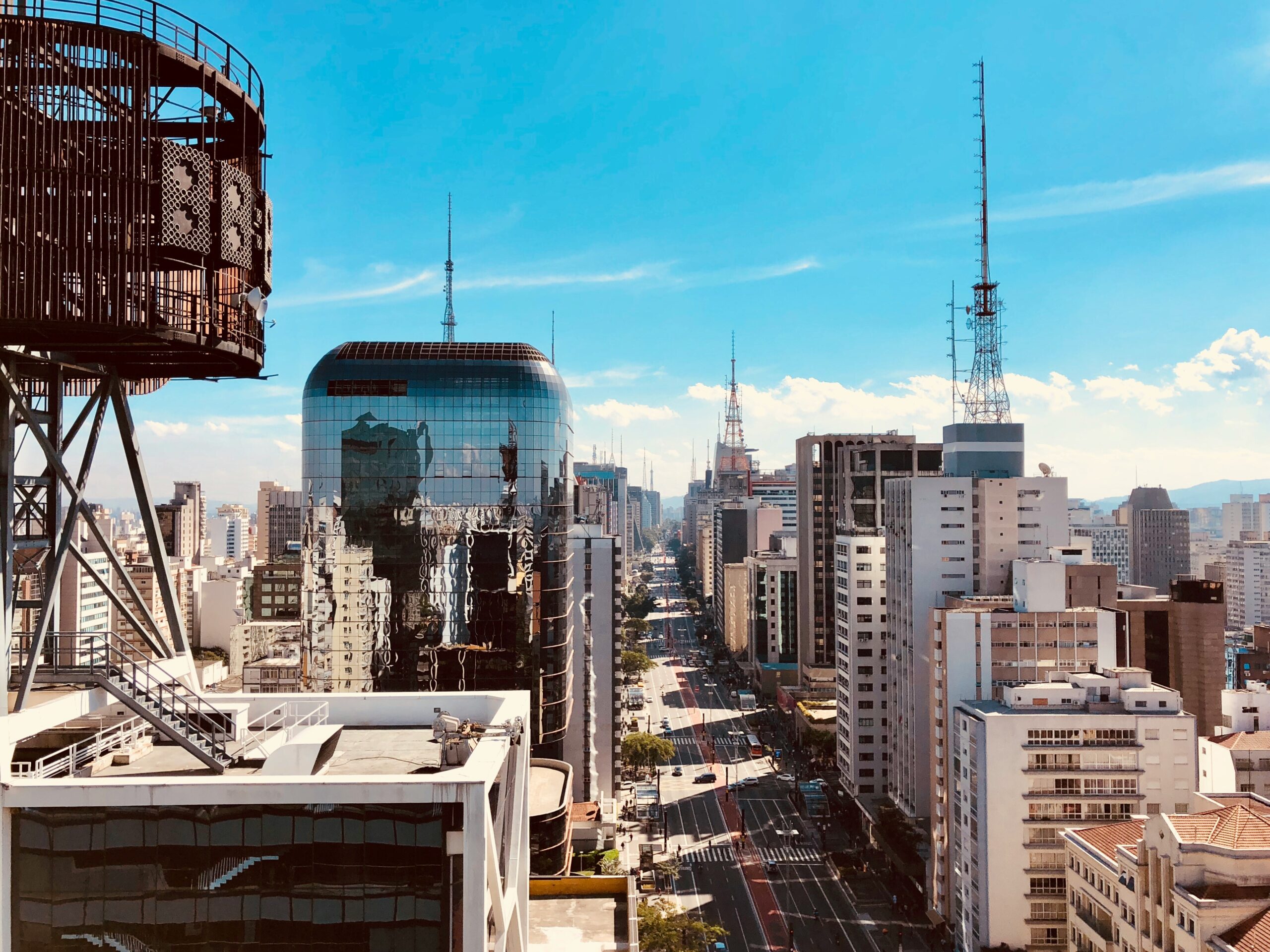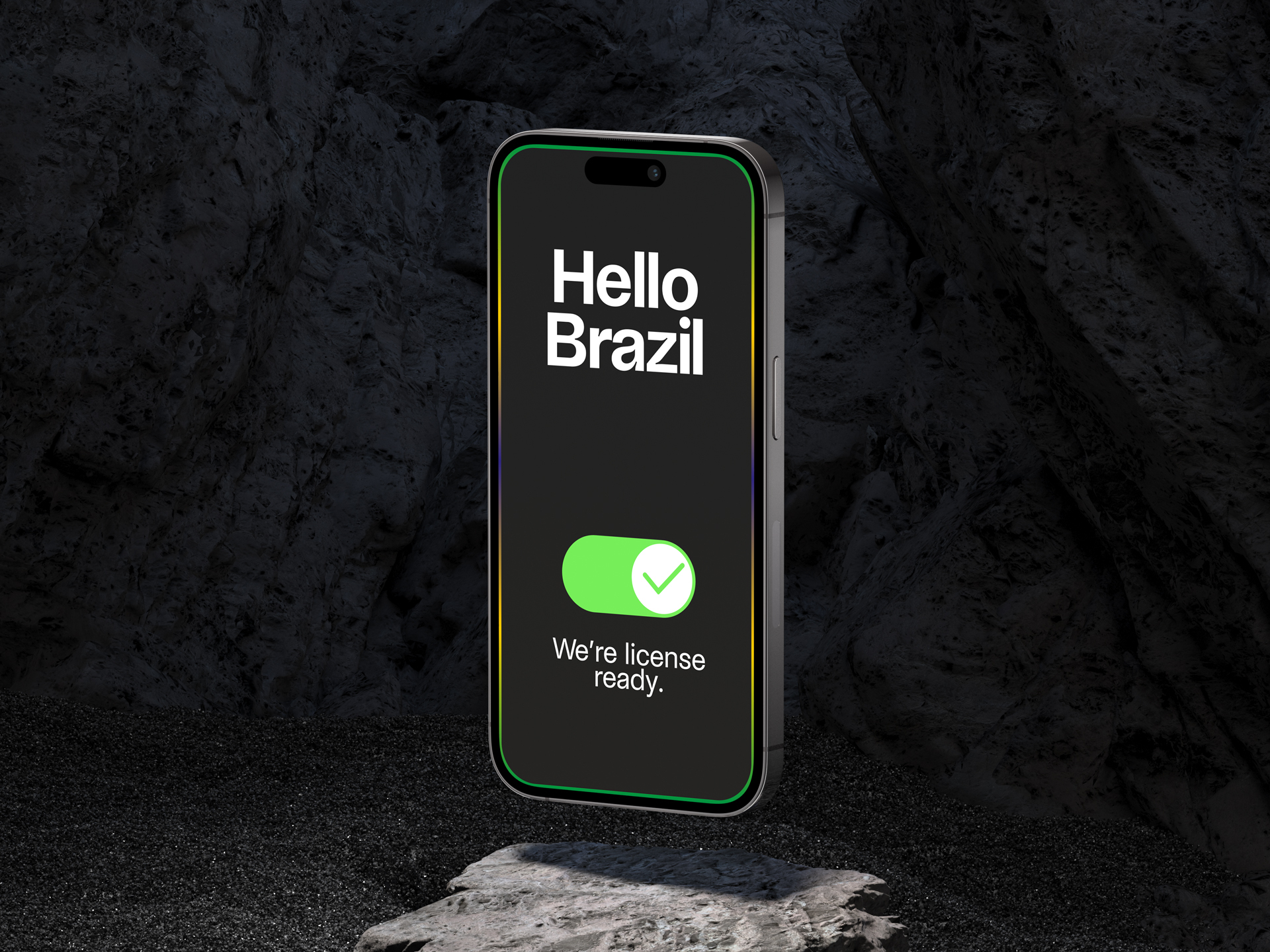In the realm of financial transactions, Brazil is undergoing a profound digital transformation.
As cash takes a backseat to digital alternatives, the payment landscape is evolving at an unprecedented pace. The digital payments market is at the heart of this evolution, poised to redefine how Brazilians transact in the coming years.
With projected total transaction values reaching $170.10 billion by 2024, the market’s trajectory reflects a dynamic shift toward digitalization.
But this is just the beginning. Forecasts indicate a robust annual growth rate (CAGR) of 10.51% from 2024 to 2028, propelling the total transaction value to an estimated $253.70 billion by 2028. This exponential growth underscores the increasing reliance on digital payment methods and signals a significant departure from traditional cash transactions.
Against this backdrop, stakeholders across industries are poised to capitalize on the burgeoning opportunities within Brazil’s Digital Payments market. From financial institutions to fintech startups, the race to innovate and capture market share has never been more intense. Moreover, the emergence of a new licensing system for iGaming in Brazil will present both challenges and opportunities, reshaping the industry as we know it.
In this editorial, we delve into the driving forces behind Brazil’s digital payment revolution and explore the implications for various sectors, including the rapidly expanding iGaming industry. Through insights from industry experts like Jacqueline Favraud, Legal and Regulatory for Latin America at Zimpler, we uncover the complexities of navigating this evolving landscape and seizing the vast potential it offers.
Let’s embark on a journey to unravel the Brazilian digital payments market and its transformative impact on the country’s financial ecosystem.
Brazil’s shifting payment landscape.
Brazil, with a population of around 203 million, leads as the largest country in Latin America. Credit cards reign supreme for online payments, while cash transactions remain prevalent in physical stores.
However, this landscape shifted dramatically with the introduction of Pix, Brazil’s groundbreaking instant payments network initiated by the Central Bank of Brazil. Announced in the summer of 2019, Pix was fully operational by November 16, 2020 and swiftly gained traction as a versatile payment app facilitating instant bank transfers.
Brazil emerges as a global leader in real-time payments, with McKinsey’s Global Payments Report projecting that nearly half of all transactions by 2027 will be instant payments. Pix transactions offer an instant, real-time transfer of funds, ensuring the recipient receives payment within seconds. With availability 24/7 Pix proves to be a reliable and convenient payment method.
From a usability standpoint, Pix simplifies the payment process by requiring only a smartphone and the recipient’s Pix key. This streamlined approach minimizes friction and complexity, making it easy for users to initiate transactions with minimal effort. By eliminating the need for lengthy account numbers or complicated authentication procedures, Pix enhances user convenience and encourages widespread adoption.
Jacqueline shared her valuable insights on the industry trends regarding the payment experience: “Minimizing the number of clicks in the payment flow is crucial for providing users with a frictionless experience. It’s a competition where efficiency meets compliance. The winner is the one who can simplify procedures while staying within the bounds of local regulations.”
From Pix payment to the increasing level of digitalization, Brazil’s payment ecosystem is changing rapidly.
Jacqueline further emphasized: “It’s impossible to avoid a conversation about licensing when talking about Brazil. Online casinos must adhere to licensing regulations to operate legally, players need assurance of fair and regulated gameplay, and payment providers must navigate licensing requirements to provide transactions within the industry.”
Let’s take a moment to unpack the licensing landscape of Brazil.
Unraveling the complexities of iGaming in Brazil.
Understanding the legal side of iGaming in Brazil is crucial. Recent legislation and regulatory frameworks are paving the way for legal sports betting and casinos, which is a big step forward. But it’s not all smooth sailing. Following both federal and state rules adds complexity for iGaming businesses.
Based on these new developments, we asked Jacqueline about the biggest challenge of the new iGaming licensing system.
Jacqueline: “iGaming in Brazil has always been a complex topic. Initially perceived as morally dubious, its recent approval by Congress has integrated it into the system. However, this transition brings a double challenge of implementing new regulations for an emerging market.
In Brazil, the introduction of new elements typically requires rapid adaptation. The first challenge lies in quickly adapting to both the regulatory changes and the transformations of this emerging industry.
Secondly, it is important to have a local approach and understand a new market with great potential. The first specific regulation came in December 2023 but the potential of this market is making things move even faster. It’s a new industry and everyone wants to be ahead of the game.”
This raises the biggest question; how can we navigate this complexity?
Jacqueline responded: “In this new industry, everyone’s trying to get ahead. But let’s be real: claiming to be an iGaming payment expert in Brazil? That’s a stretch, considering the laws just came in last December. The same goes for Pix — it’s only been around since 2019/2020. What really matters here is staying humble and tapping into European know-how while keeping our feet on the ground in Brazil.”
Much is happening in the Brazilian iGaming industry, so let’s examine its potential.
Unlocking opportunities.
Brazil’s iGaming market holds vast potential: the industry has seen exponential growth of 250% over the last few years, thanks to increasing internet penetration and smartphone usage.
According to a Globo survey, sports betting alone soared to $1.25 billion in 2021, showcasing the market’s rapid growth.
As Brazil’s iGaming sector teeters on the brink of expansion, there are abundant opportunities for those who partner with a compliant, efficient, and insightful iGaming payment provider to navigate this landscape.
We asked Jacqueline about the key things that operators who want to expand to Brazil should keep in mind.
Jacqueline: “Building a strong local network and establishing reliable partnerships is key. If you’re looking to obtain licensing and already have a payment provider on board, it could unlock new solutions to ensure compliance.
Since Zimpler arrived in Brazil in 2022, we’ve prioritized hiring trustworthy local talents who understand the landscape inside out. Having a trusted partner by your side not only provides compliance, but also opens doors to connecting with other dependable collaborators.
With the right partner guiding you, you’re in safe hands for navigating the Brazilian market. Zimpler is a proven payment partner in Brazil and beyond.”
The entire iGaming industry is revolutionizing in Brazil. Jacqueline shared her vision of the Brazilian iGaming industry once the new licensing system is embedded.
“It’s like stepping into a whole new world where Brazil is suddenly in the spotlight. With its massive population and buzzing tech scene, it could become our very own Silicon Valley for iGaming.
The whole ‘digital transformation’ wave started rolling around 2018-2019, pushing companies to go all-in on digital stuff. When the new laws came in, that’s when technology with a big focus on innovation, data, and keeping that data safe really took off. Looking forward, it’s clear that innovation is what’s going to keep the iGaming scene moving on.”
The Pix revolution.
Pix has emerged as the dominant payment method in Brazil in just two years since its inception.
Launched in 2020 by the Brazilian Central Bank, this instant payment system has skyrocketed, recording a staggering 26 billion transactions by September 2022, amounting to $2.24 billion in total.
By mid-2023, Pix boasted an impressive user base of over 150 million.
We asked Jacqueline to share her insights into the impact of Pix on the payment landscape.
Jacqueline: “One thing Brazil really nailed is Pix. It’s been a game-changer here. In a country where cash is king, Pix made payments easy and free, opening up a whole new world of possibilities. Without it, the explosion of fintech companies we’re seeing wouldn’t be possible.
But now, offering Pix is just the basics; everyone’s doing it. So, what’s next? It’s important to focus more on safety, anti-money laundering, and becoming a real business partner. Zimpler’s goal? To be more than just another service provider, we want to be the ultimate business partner.”
For businesses seeking expansion into the Brazilian market Jacqueline added: “In Latin America, trust is everything. At Zimpler, we have a lot of experience from our time in Europe. And good energy can make magic happen, you know? If there’s a connection, you’re willing to give it another shot. I like you, I like your company, and I reckon it’s worth taking a chance together.”
Charting the path: Zimpler’s vision for the future of iGaming in Brazil.
The horizon of iGaming in Brazil gleams with promise, poised for exponential growth. Understanding how to leverage its potential is paramount to substantially impacting this burgeoning market.
Here’s our outlook on the future and how Zimpler’s iGaming payment solutions stand ready to shape it:
- Adapting to regulatory changes: As Brazil’s iGaming regulations evolve, adaptability is key. Partnering with a payment solution that prioritizes compliance is essential.
- Frictionless payment experience: Mobile gaming reigns supreme in Brazil, necessitating seamless, mobile-optimized payment solutions. We’re committed to refining our mobile payment experiences for effortless transactions.
- Elevating user experience: The future leaders of Brazil’s iGaming scene will prioritize user experience. From interface design to payment processes, a seamless, intuitive experience is crucial. Our technology is crafted to deliver just that, fostering user loyalty and engagement.
As Brazil’s iGaming industry converges with the digital payments revolution, the stage is set for unprecedented opportunities and collaborations.
With Zimpler leading the charge in providing efficient and compliant payment solutions, businesses are well-positioned to navigate this evolving landscape.
Engineered for compliance, cost-effectiveness, customer satisfaction, and future-readiness, Zimpler stands as the pinnacle of payment solutions for the gaming industry in Brazil and beyond. Choose wisely. Choose Zimpler.
Join the payment revolution.
The information contained in this post is intended for informational purposes only, and should not be relied upon for professional advice of any kind. Zimpler does not make any representation or warranty as to the completeness or accuracy of the information, and assumes no liability or responsibility that may result from reliance on such information.



